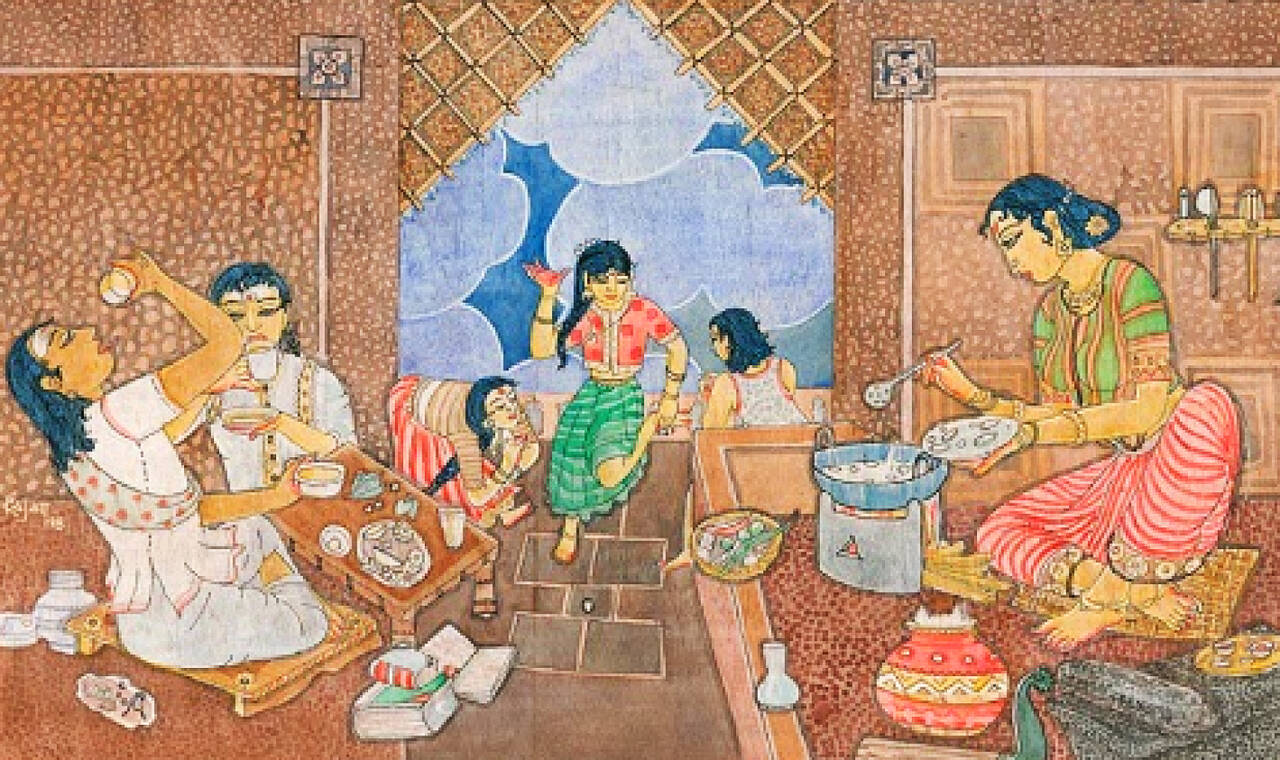priceless-stories.org – Throughout history, women have made remarkable contributions to society, often overcoming significant obstacles to achieve greatness. This article highlights some of the most famous female heroes, exploring their incredible stories and lasting legacies.
Joan of Arc: The Maiden of Orléans
Joan of Arc, a peasant girl from France, became a national heroine during the Hundred Years’ War. Claiming divine guidance, she led the French army to several important victories, which helped Charles VII ascend to the throne. Her courage and conviction in the face of adversity have made her a symbol of national pride and a saint in the Catholic Church.
Harriet Tubman: The Moses of Her People
Harriet Tubman, born into slavery, escaped and became a leading figure in the abolitionist movement. She is best known for her role as a “conductor” on the Underground Railroad, where she risked her life to lead hundreds of slaves to freedom. Tubman’s bravery and dedication to justice continue to inspire generations.
Marie Curie: Pioneer of Radioactivity
Marie Curie was a trailblazing scientist whose groundbreaking work on radioactivity earned her two Nobel Prizes in different scientific fields. As the first woman to win a Nobel Prize, Curie broke numerous barriers in the world of science, paving the way for future generations of female scientists.
Malala Yousafzai: Advocate for Education
Malala Yousafzai, a Pakistani activist, became an international symbol of the fight for girls’ education after surviving an assassination attempt by the Taliban. Her unwavering commitment to education and women’s rights earned her the Nobel Peace Prize at just 17 years old, making her the youngest-ever laureate.
Rosa Parks: Mother of the Civil Rights Movement
Rosa Parks is celebrated for her pivotal role in the American Civil Rights Movement. Her refusal to give up her bus seat to a white passenger in Montgomery, Alabama, sparked the Montgomery Bus Boycott, a critical event in the struggle for racial equality. Parks’ quiet strength and determination continue to inspire civil rights activism.
Amelia Earhart: Aviation Pioneer
Amelia Earhart was a pioneering aviator who became the first woman to fly solo across the Atlantic Ocean. Her adventurous spirit and achievements in aviation challenged gender norms and inspired women worldwide to pursue their dreams, regardless of societal expectations.
Conclusion
These extraordinary women, among many others, have shaped history with their courage, intelligence, and perseverance. Their stories remind us of the power of determination and the impact one individual can have on the world. As we celebrate these female heroes, we are encouraged to continue striving for equality and justice for all.

